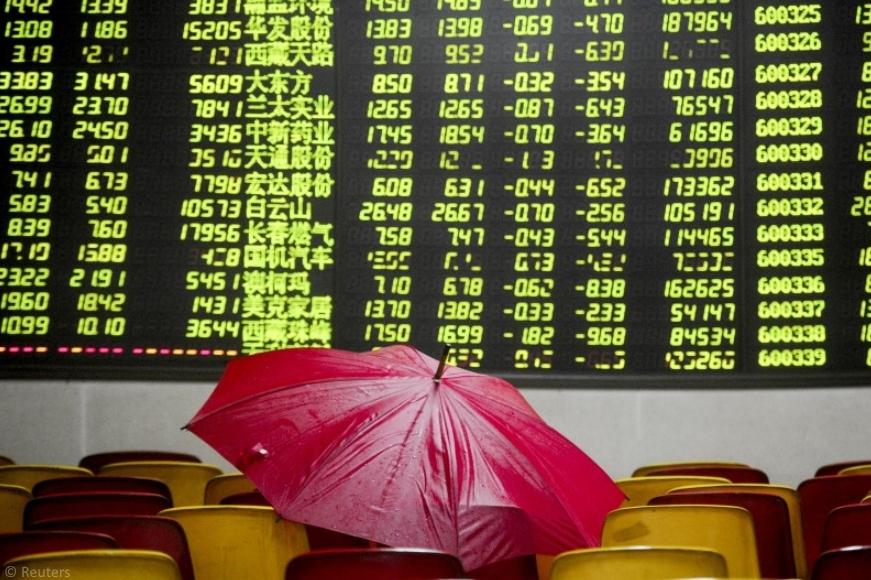The Asian market rose at the beginning of the week
Most Asian stocks rose on Monday amid growing expectations that the US Federal Reserve will slow down the pace of interest rate hikes, while Chinese stocks fell after the country reaffirmed its commitment to maintaining strict restrictions related to COVID-19.
China’s blue-chip Shanghai Shenzhen CSI 300 and the Shanghai Composite fell 0.1% each in volatile trading. Both indexes rose last week on growing speculation that Beijing will scale back its strict zero-tolerance policy for COVID-19.
However, Chinese health commission officials said over the weekend that the country plans to maintain its anti-COVID policy, which includes strict quarantine measures to prevent transmission of the virus.
Their comments were meant to dispel speculation about a possible rollback of the “zero tolerance for COVID-19” policy, and come as China grapples with its worst outbreak in about six months.
However, analysts at Goldman Sachs (NYSE:GS) believe that the reopening in China will lead to a rally in the stock market by at least 20%. They also expect the country to begin easing its zero-tolerance policy for the virus by the second quarter of 2023.
However, data suggesting further economic difficulties for China showed a future deterioration in China’s trade balance; at the same time, both imports and exports decreased in October.
The Hong Kong market continued its rally from last week, with the Hang Seng index up over 3%. Tech-heavy exchanges like Hang Seng have received support on growing expectations that the US Federal Reserve will raise interest rates at a slower pace in the coming months.
The South Korean KOSPI index rose 0.8%, while the Taiwanese index jumped 1.5%. Japan’s Nikkei 225 added 1.3%. But Apple Inc (NASDAQ:AAPL) main supplier Hon Hai Precision Industry Co Ltd (TW:2317), also known as Foxconn, fell 0.4% after the company reported weak results due to business disruptions. in China.
Apple also said it expects to slow down production of its top-end iPhones after China’s COVID-19 lockdown disrupted operations at the country’s largest Foxconn factory.
However, tech stocks rallied after several US Federal Reserve officials signaled last week that they were supporting a smaller rate hike in December to keep the balance between fighting inflation and preventing more economic turmoil.
But with the central bank predicting a longer rate hike, the outlook for stock indices remains dim. The market estimates a 62% chance that the Fed will raise rates by 50 basis points in December, which is less than November’s 75 basis point hike.
A series of sharp US interest rate hikes have crippled Asian stocks this year as regional central banks have also tightened monetary policy to keep up with the US Federal Reserve.
In Southeast Asia, the Thai index rose 0.3% after inflation fell below expectations in October. Its rate reduces the incentive for the central bank to raise interest rates, which has a positive effect on local stocks.




